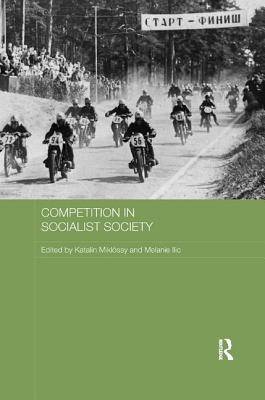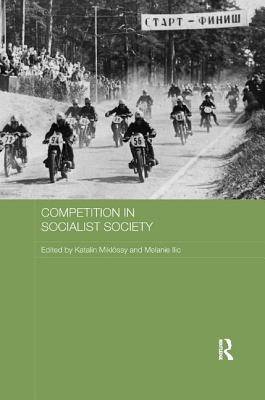
- Retrait gratuit dans votre magasin Club
- 7.000.000 titres dans notre catalogue
- Payer en toute sécurité
- Toujours un magasin près de chez vous
- Retrait gratuit dans votre magasin Club
- 7.000.000 titres dans notre catalogue
- Payer en toute sécurité
- Toujours un magasin près de chez vous
Competition in Socialist Society
Description
This book explores how the concept of "competition", which is usually associated with market economies, operated under state socialism in the Soviet Union and Eastern Europe, where the socialist system, based on command economic planning and state-centred control over society, was supposed to emphasise "co-operation", rather than competitive mechanisms. The book considers competition in a wider range of industries and social fields across the Soviet bloc, and shows how the gradual adoption and adaptation of Western practices led to the emergence of more open competitiveness in socialist society. The book includes discussion of the state's view of competition, and focuses especially on how competition operated at the grassroots level. It covers politico-economic reforms and their impact, both overall and at the enterprise level; competition in the cultural sphere; and the huge effect of increasing competition on socialist ways of thinking.
Spécifications
Parties prenantes
- Editeur:
Contenu
- Nombre de pages :
- 210
- Langue:
- Anglais
- Collection :
Caractéristiques
- EAN:
- 9781138573741
- Date de parution :
- 12-10-17
- Format:
- Livre broché
- Format numérique:
- Trade paperback (VS)
- Dimensions :
- 156 mm x 233 mm
- Poids :
- 452 g






